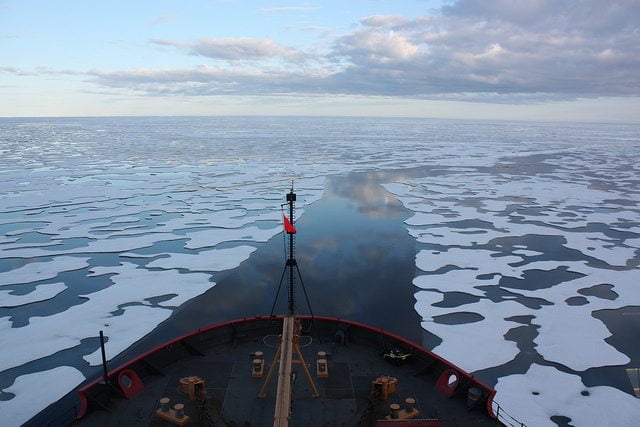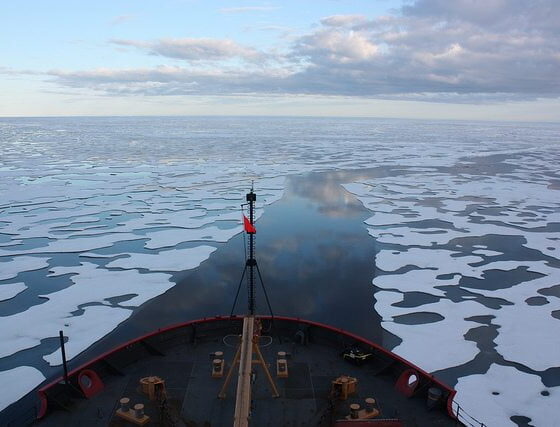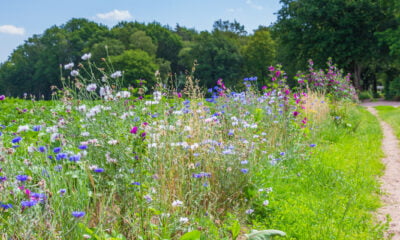

Environment
Climate change to bring invasive species to melting Arctic
The melting of the Arctic will make the region more vulnerable to alien and invasive species, because of increased shipping and transport activity, scientists have warned.
A study led a team at the Smithsonian Environmental Research Centre and published in Nature Climate Change says that new shipping routes in the Arctic, which are opening up as a result of global warming, could increase the chance of invasive species reaching the delicate area on ships.
Some scientists previously said that the Arctic could become ice-free by 2054.
Lead author Whitman Miller said, “Trans-Arctic shipping is a game changer that will play out on a global scale. The economic draw of the Arctic is enormous. Whether it’s greater access to the region’s rich natural resource reserves or cheaper and faster inter-ocean commercial trade, Arctic shipping will reshape world markets.
“If unchecked, these activities will vastly alter the exchange of invasive species, especially across the Arctic, north Atlantic and north Pacific oceans.”
Scientists said that the Arctic has had a relatively low exposure to such invasions so far, and it is therefore still possible to minimise the effects on the ecosystem through effective management.
Elsewhere, a separate study has found that climate change is increasing cross-breeding between invasive and native species in North America, which can pose major threat to worldwide biodiversity.
Scientists observed changes in the hybridisation between native westslope cutthroat trout and introduced rainbow trout in Montana, which increased significantly over a 30-year period in which stream water became warmer.
Ryan Kovach, co-author of the study from the University of Montana, said, “The evolutionary consequences of climate change are one of our greatest areas of uncertainty because empirical data addressing this issue are extraordinarily rare; this study is a tremendous step forward in our understanding of how climate change can influence evolutionary process and ultimately species biodiversity.”
Photo: NASA Goddard Space Flight Centre via flickr
Further reading:
US Navy: melting Arctic requires new military strategy
Plans for development of Northern Sea Route on ice
Shrinking Arctic will create shipping bonanza in region






























